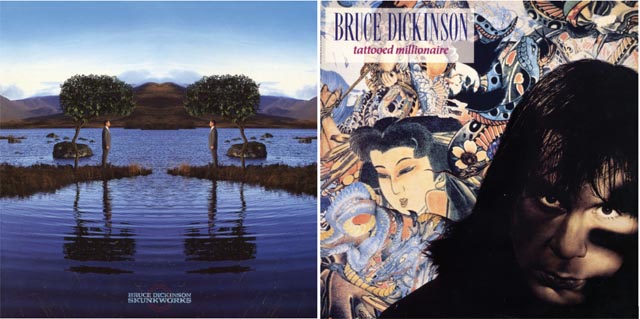 Last week, it was leaked that Steve Jobs would be unveiling Apple’s iCloud at their Worldwide Developer’s Conference today, June 6. While it’s been highly believed that the iCloud is Apple’s response to Amazon and Google’s cloud lock box models, not much else was known for sure about it (besides that labels reportedly got a heavy pay out). But as promised, Jobs gave people in attendance a look at Apple’s new cloud service.
Last week, it was leaked that Steve Jobs would be unveiling Apple’s iCloud at their Worldwide Developer’s Conference today, June 6. While it’s been highly believed that the iCloud is Apple’s response to Amazon and Google’s cloud lock box models, not much else was known for sure about it (besides that labels reportedly got a heavy pay out). But as promised, Jobs gave people in attendance a look at Apple’s new cloud service.
As it turns out, Apple is simply reworking their original online subscription service MobileMe from the ground up and turning it into iCloud. The new and improved service will store content, such as music, emails, contacts, and anything else that can be synced iTunes via USB. Then the service will make your content wirelessly available to all of a user’s devices.
While the iCloud has many features, the one that has attracted the most attention is its compatibility with iTunes. It was confirmed that the iCloud will allow users to download songs they’ve already purchased via iTunes without having to pay an additional cost. But what about music purchased outside of iTunes? Well that’s where the iTunes Match comes into play. The iTunes Match is a service that will allow users to upload music not purchased via iTunes for a $24.99 per year fee. Jobs made it a major point to mention that while the Amazon Cloud charges $50 for 50GB of storage and $200 for 20,000 songs, iCloud will cost the same $24.99 price for any amount of songs. Jobs also made a dig at rival Google’s Music Beta by saying that the process will take “minutes, not weeks.”
While the iCloud service is available now in beta form as part of the 10.3 iTunes OS, iTunes Match won’t be available until this coming Fall. So the wait for Apple’s true entry into the cloud music world will continue, but we can at least test it out with our iTunes purchased music. Seeing how iTunes has just sold its 15 billionth song download, it’s safe to say that at least half of an Apple user’s music library is from iTunes (unless they pirate everything…which unfortunately isn’t too far of a stretch).
We’ll keep you posted if more develops.
[via Huffington Post and Digital Music News]












